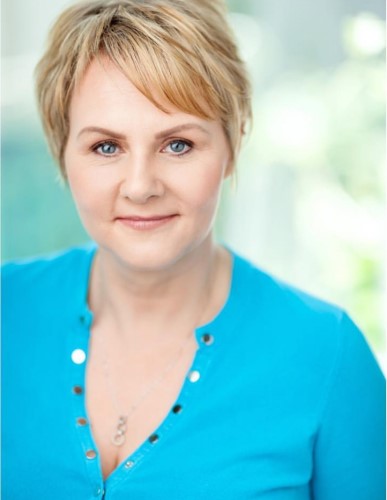
Researchers from Kwantlen Polytechnic University (KPU) have shown thin partners in relationships with fat people experience stigma due to their partner’s body size.
In a pair of studies, psychology investigators found evidence of associative stigma in mixed-weight relationships — an interest to researchers given the significant sexual stigmatization of fatness in Western cultures.
“We know that fat people are stigmatized, there is lots of research on that, but no one had looked at whether thin people in relationships with fat people would be stigmatized through the association of their partnerships with fat people,” says Dr. Cory Pedersen, a psychology instructor and lead researcher on the project that involved several KPU students.

“Associative Stigma in Sexual and Romantic Relationships with Fat Partners,” recently published in The Journal of Sex Research, further reveal the complexities of stigma in the context of intimate relationships — a focus of the ORGASM lab, or Observations and Research in Gender and Sexuality Matters, a cutting-edge human sexuality research team at KPU.
In the first study, researchers recruited thin participants who were in relationships with people who were fat, a word the study’s authors use intentionally to describe body size while avoiding medical terms. Participants were then asked to describe their experiences.
“We found, indeed, that there were a number of stigmatizing experiences of these thin people because of their relationships with fat partners,” says Pedersen.
Study participants reported experiences of associative stigma such as other people’s assumptions that the fat partner was inferior, or that they were only in the relationship because of money or fetish.
For the second study, researchers recruited a new sample of participants who were asked to view vignettes depicting mixed-weight or same-weight couples. Results demonstrated that outsiders had greater negative emotions, such as dislike, pity and anger, toward thin partners in mixed-weight relationships, compared to those in same-weight relationships. Thin partners of a mixed-weight couple were also judged as warmer but less competent than partners in a same-weight relationship.
“These kinds of results further verified for us that there is an associative stigma, that thin people are judged to be less competent and require more assistance in their relationships because their partner is fat,” says Pedersen.
Previous studies by KPU psychology researchers have shown that fat people are stigmatized broadly in all kinds of domains, and are perceived as unattractive, unhealthy and undesirable. That, says Pedersen, has a negative effect on fat people’s well-being.
“As is true for many marginalized communities and groups, we do not believe they are worthy of relationships and sexual wellness because of the stigmas that we attach to them. That has got to change. Regardless of people’s body sizes, people are human beings and worthy of relationships and love and sexuality.”

KPU students Flora Oswald, Lena Orlova, Devinder Khera, Kari Walton and Alex Lopes co-authored the research paper.
Orlova, now a research assistant at the ORGASM lab, says it’s important to study body image because of how easily we form biases about people just by looking at them.
“Once biases take hold in our brains, they affect our behaviour towards people. So many of our attitudes towards people are affected simply by conclusions drawn from visual information, and if we never interrogate these processes, then we can perpetuate stigma,” says Orlova.
“This research is an opportunity to unearth and question some of the ingrained cultural conditioning we grew up with.”
On March 19, KPU Surrey will host a day-long research showcase spotlighting faculty and student research from various disciplines. The free event takes place from 8:30 a.m. to 5 p.m.